With one episode left of Loki, it’s looking more and more likely that the once-embittered brother of Thor, desperate for any hint of validation, unscrupulous and easily bought God of Mischief, will become one of, if not the most important characters in the MCU, saving an infinite amount of people from complete annihilation.
That is a wild ride for a character that was not only always secondary but also antagonistic. Still, it’s not altogether surprising that, much like in the comics, Loki snuck up on audiences and made them love him and continuously demand to see more of him, as if it were an extra secret superpower among his many.
Loki’s staying power in the MCU benefited from a collection of things, including the allure of his flawed personality and instincts, Tom Hiddleston’s charismatic screen presence, and the fortune of being given what is arguably the best Disney Plus Marvel show yet. Whether the latter was somehow caused by the two previous factors is hard to tell, but it’s undeniable that the makers of Loki seem to be inspired.
Besides displaying some of the most exciting storytelling and plot in the franchise in a while, Loki has also made sure to reserve some time, at every step of the way, for its characters, their wishes, motivations, and personal conflicts. It’s been fascinating to see how a version of Loki plucked from his lowest moment during the New York Chitauri invasion has grown, in such a short amount of time, as much as he had by the time he sacrificed himself in Infinity War.
A lot of that character development is down to the convenient sped-up summary of his life in the Time Theater scene from season 1, which we suspect will be referenced again in the finale of season 2, which gave Loki perspective and a taste of what his future would look like if he carried on down the same road. However, the bulk of it was down to the connections he created at the TVA, which only enhanced the vulnerable side of his character we had seen before, primarily in the first Thor film.
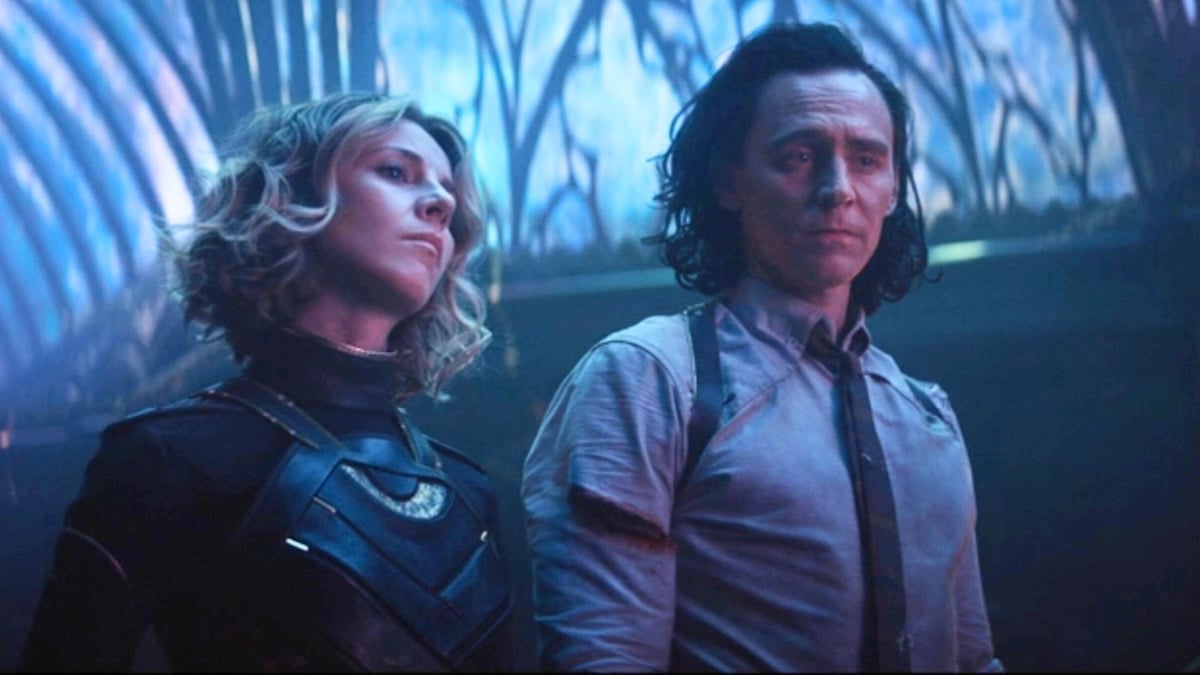
Falling in love with Sylvie gave Loki something bigger than himself to fight for, and introduced him to feelings he hadn’t really experienced before. It made him gentler and more careful. At the same time, Mobius’ trust in him, or as Loki put it in episode five, the way he “saw something in [him] that [he] hadn’t seen in himself,” convinced him he was more than just anger and revenge, that he could be loyal and virtuous. All it took was for one person to believe he could first.
Loki preserved the best parts of himself, the ones that have always made him attractive as a character. He’s still mischievous and cunning when he wants to be, but the happiness among the chaos has made him a better person. Loki’s biggest fear, just like he told Sylvie, has always been loneliness and a lack of purpose, and the show has managed to explore that beautifully, by, instead of holding that against him, using that need for connection as his biggest motivator for good, or whatever Loki’s version of good is.
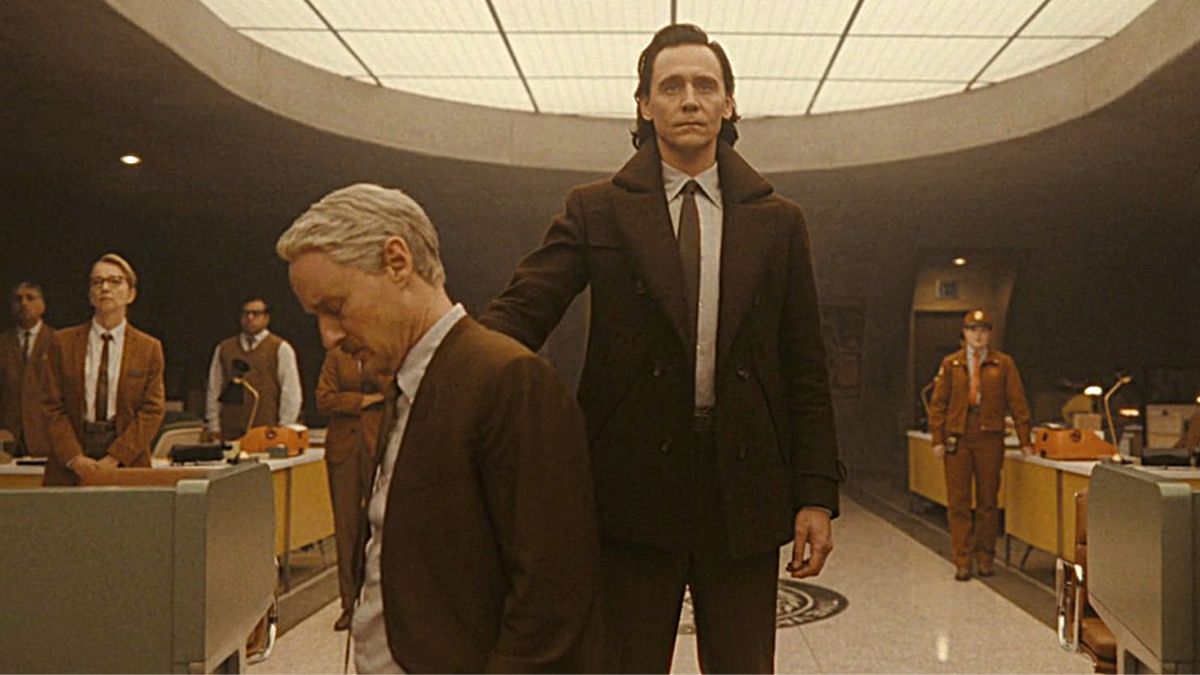
In Loki, the writers have always remembered to pause all the time-hopping multiverse-surfing shenanigans long enough to anchor these big-stake stories to what matters most in storytelling — character and message. It’s, without a doubt, what has set this project apart within the larger MCU, in the process making Loki the most well-developed, complete, complex (and, we dare say, best) character in the franchise.
Yes, Loki is also all about plot, but thankfully its writers and directors — Michael Waldron, Kate Herron, Eric Martin, Justin Benson, Aaron Moorhead, and more — realized the great potential of their protagonist and the great talent of their leading man, and, until now at least, have utilized them to the max. Frankly, as a long-time Loki fan, it’s been a joy to witness.

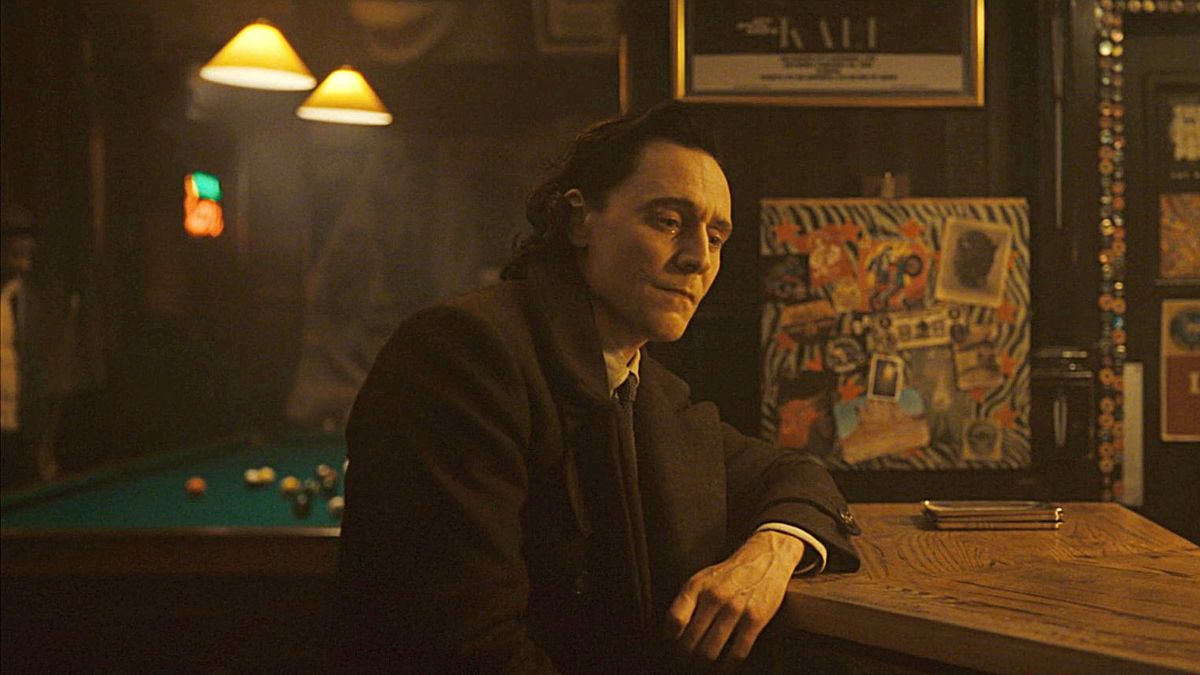
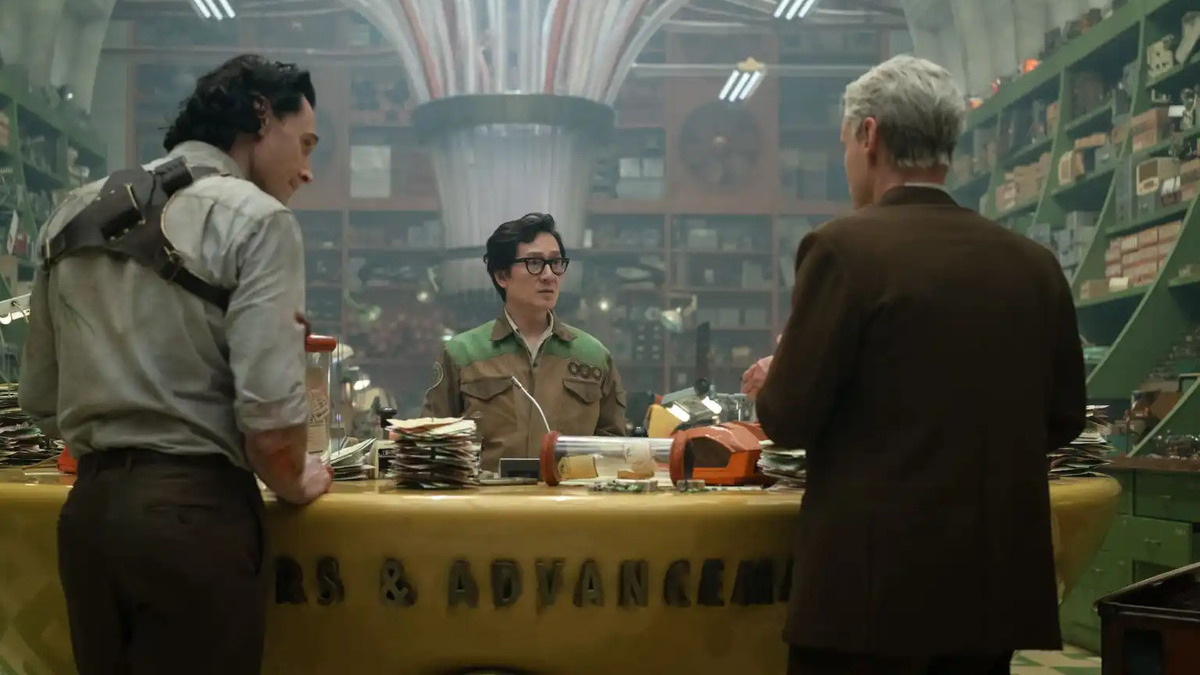
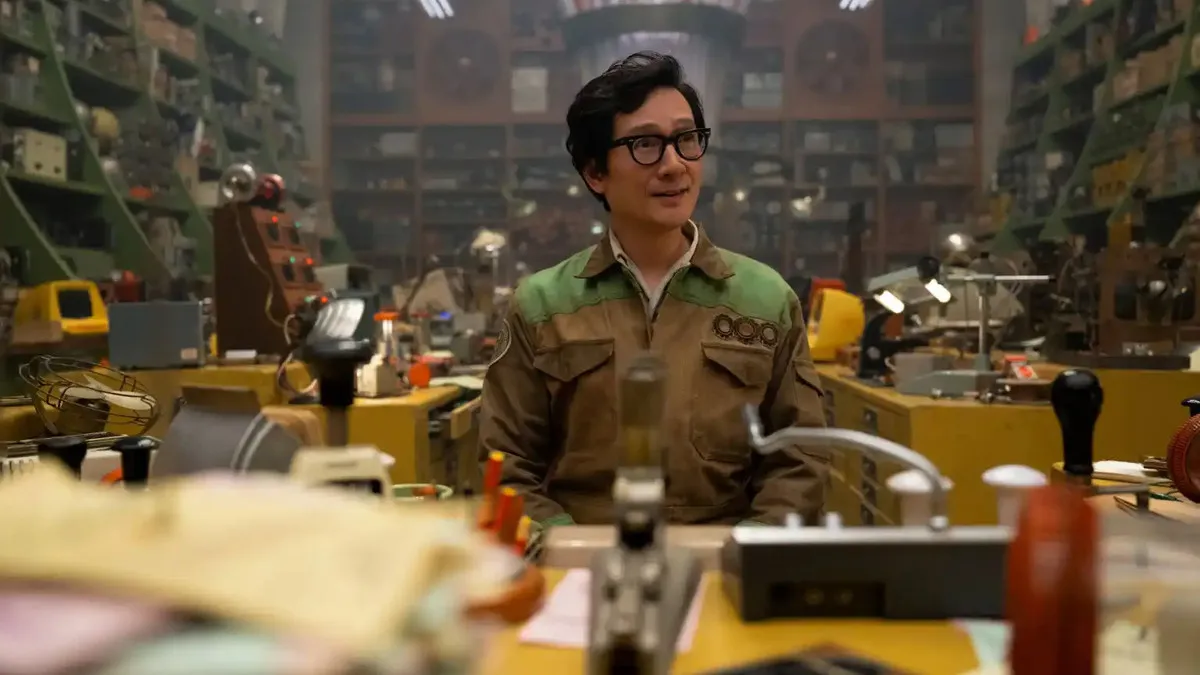
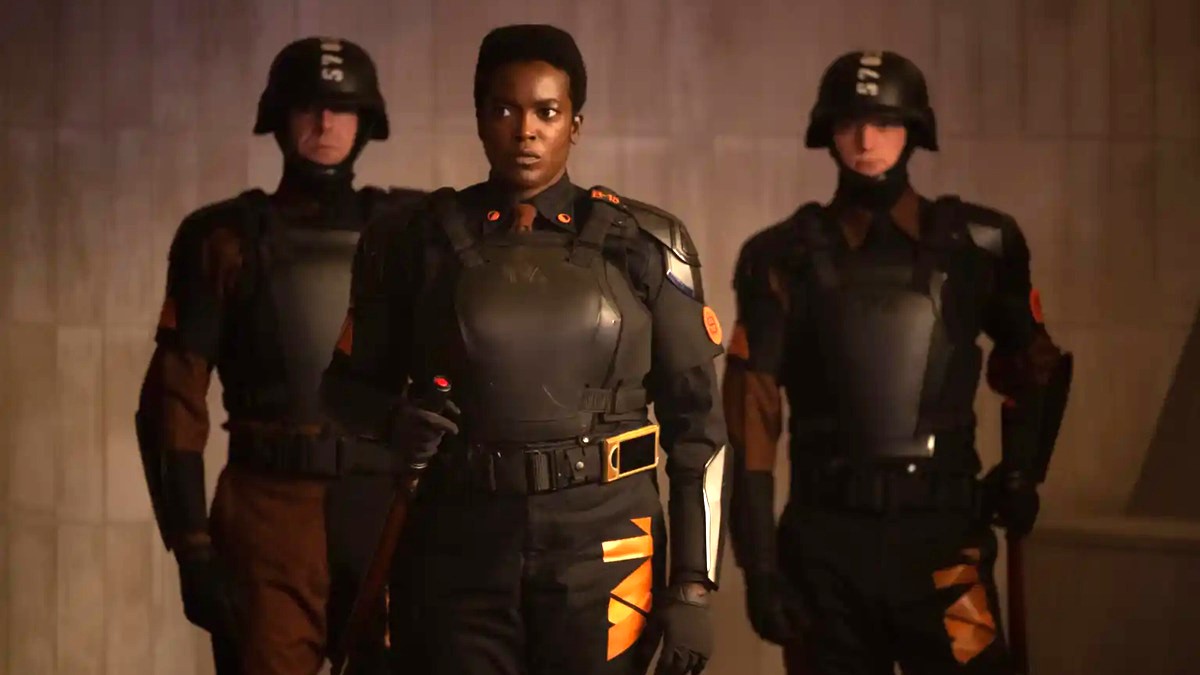
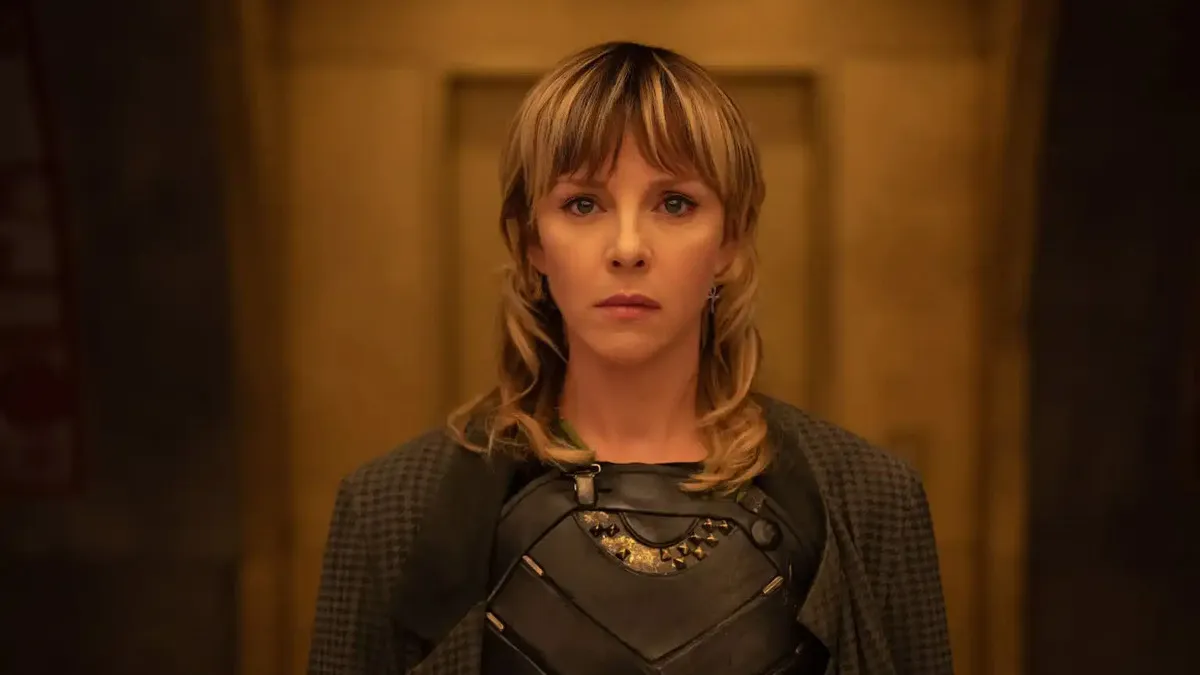
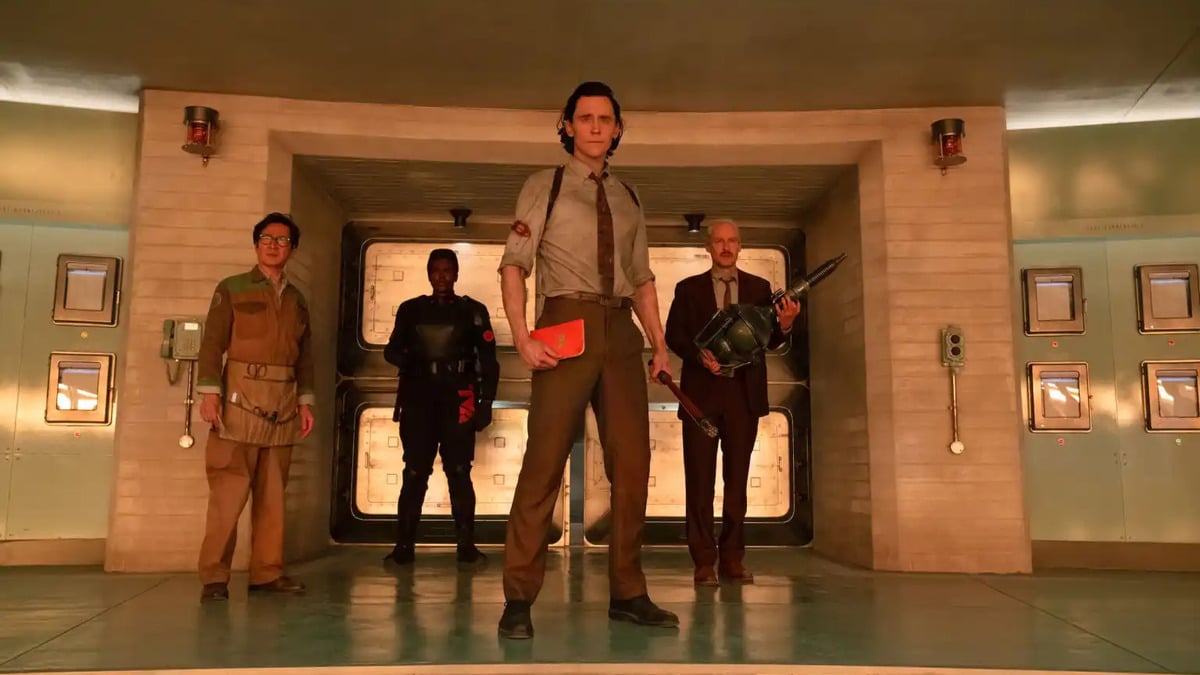
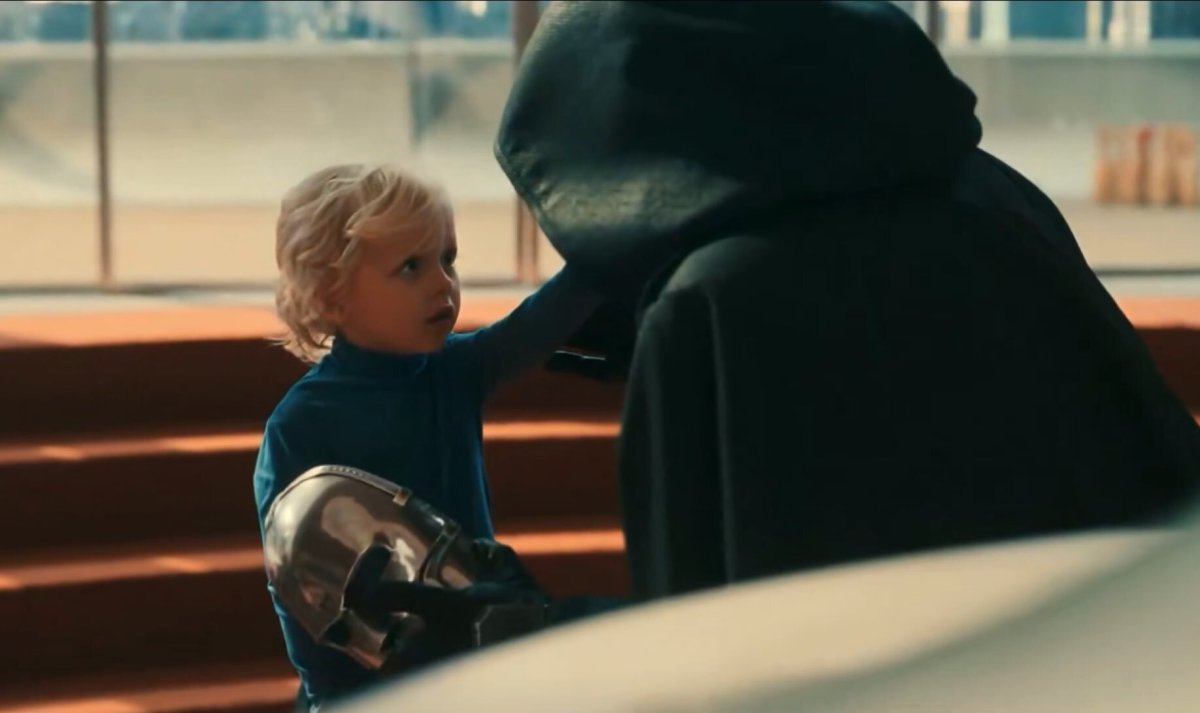
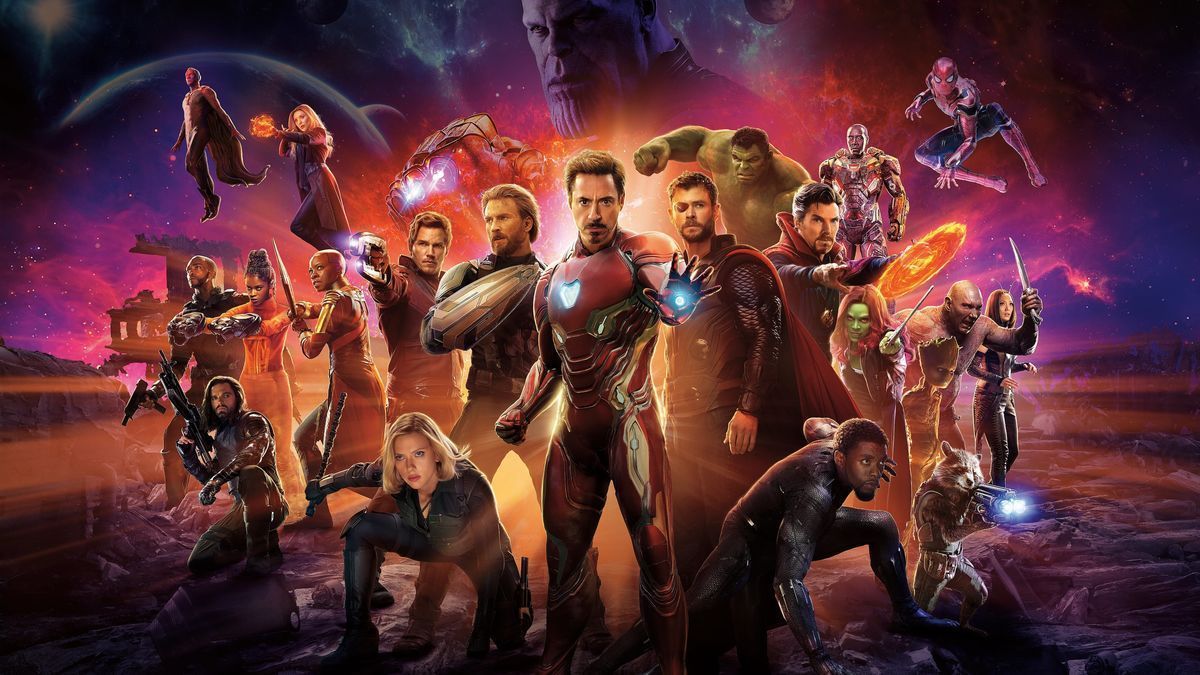
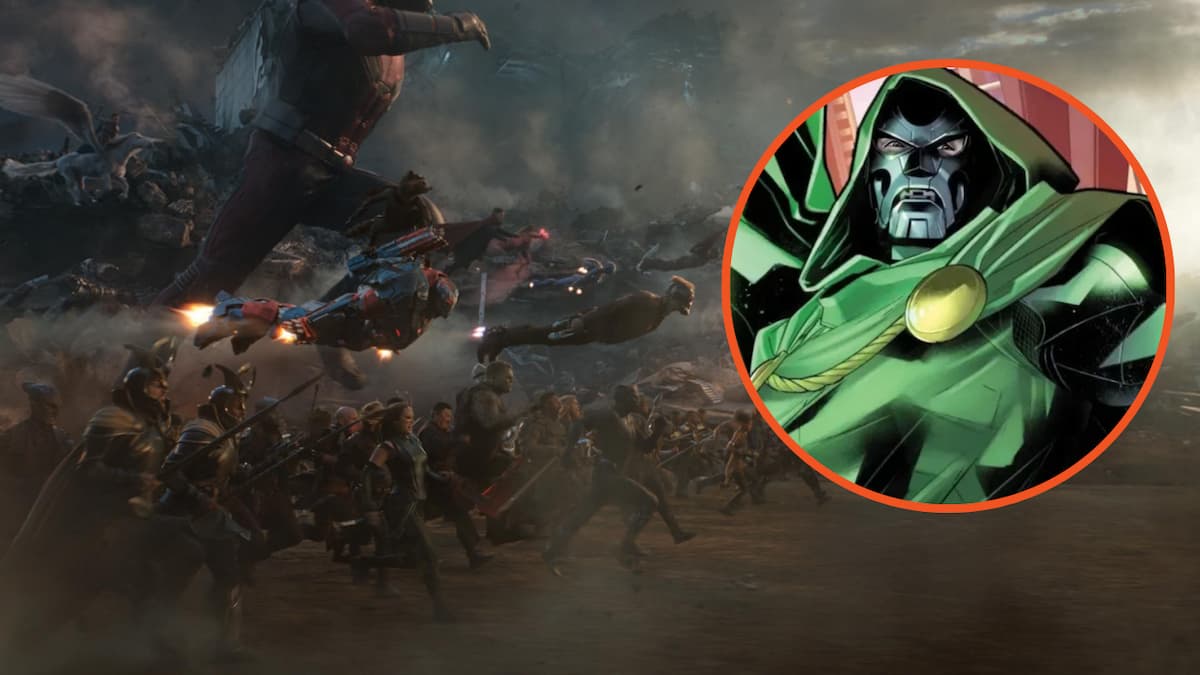
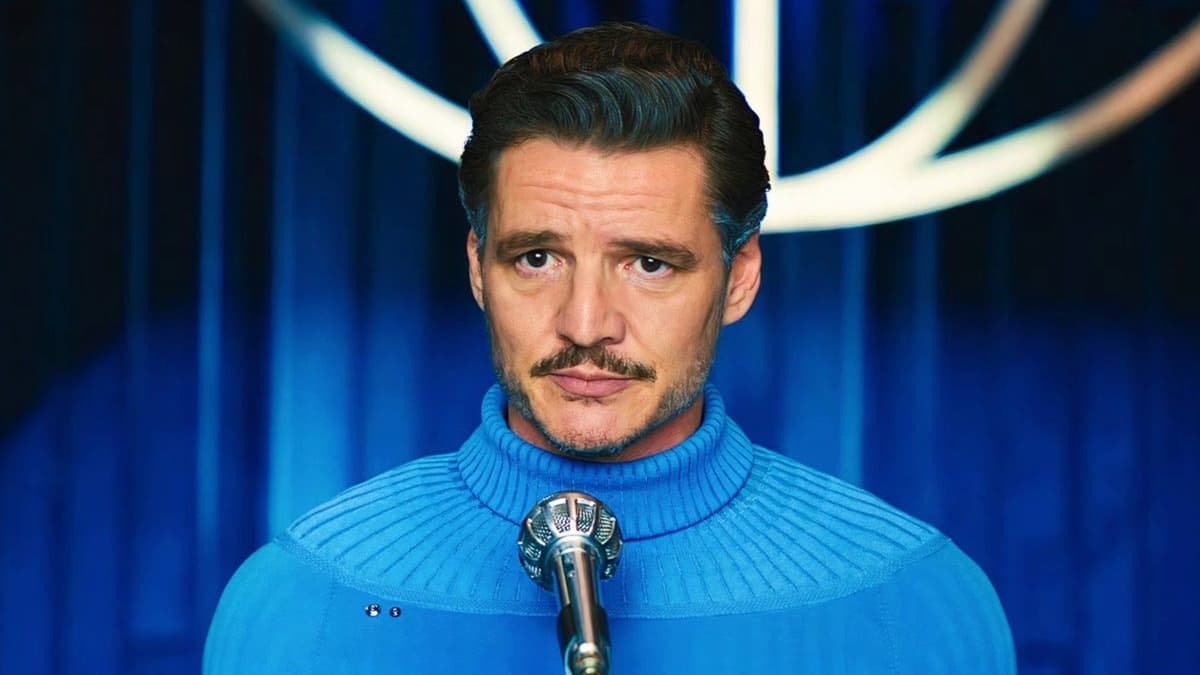
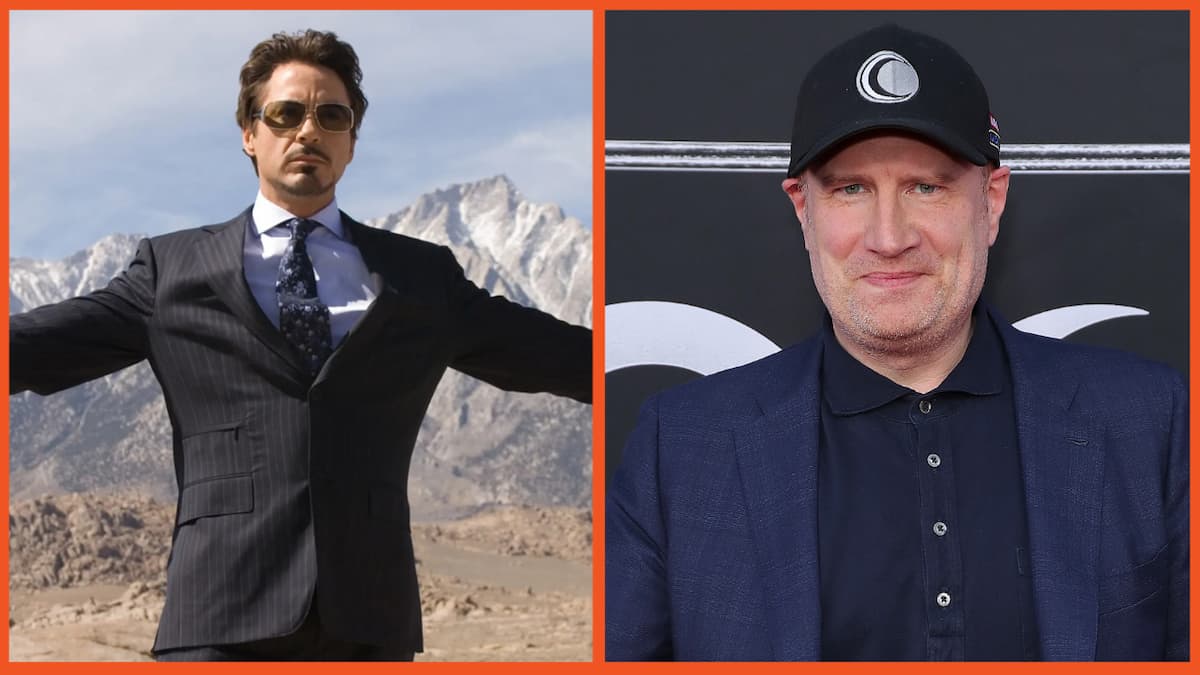
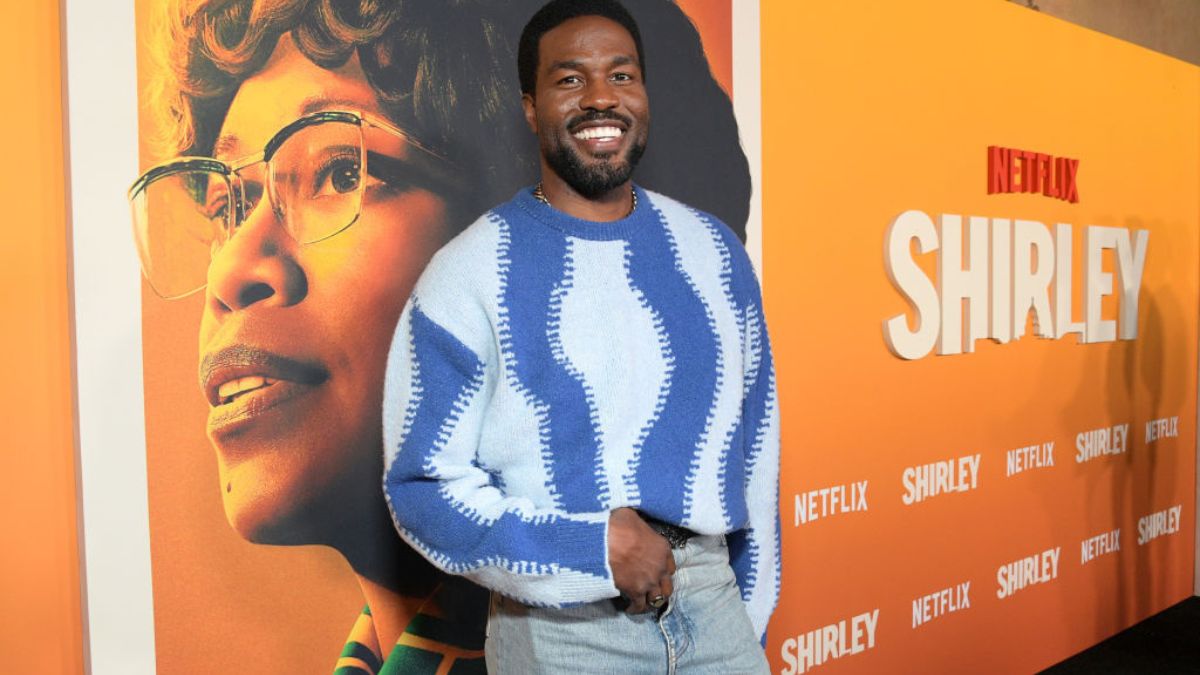
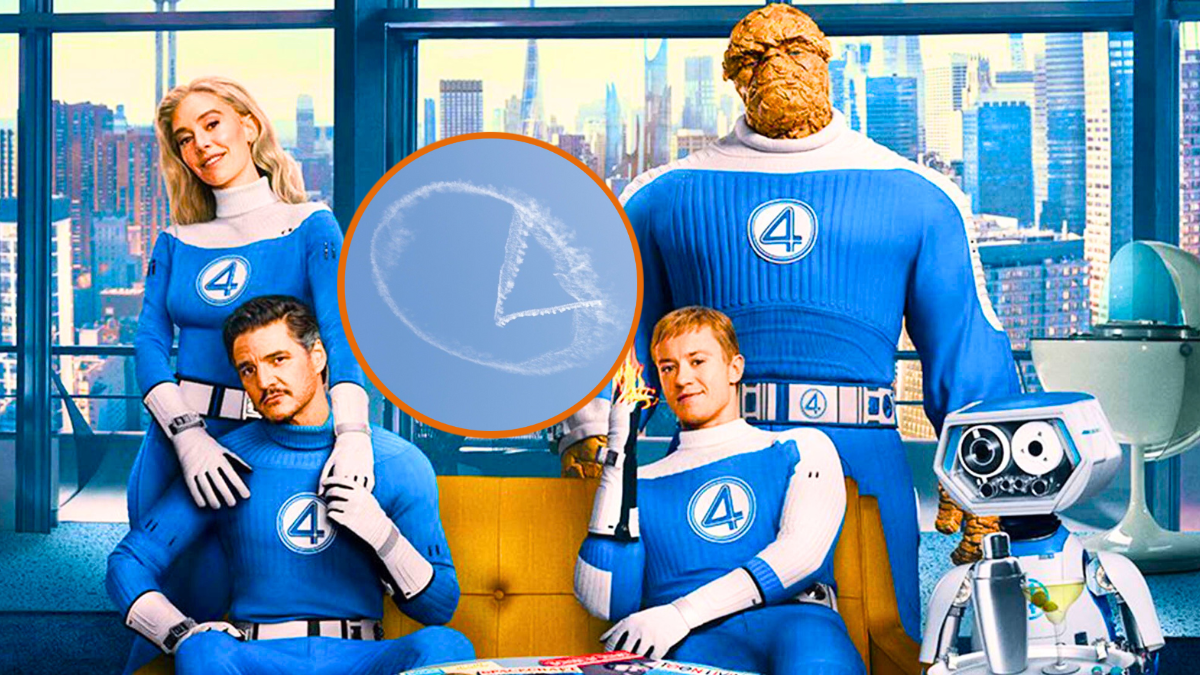
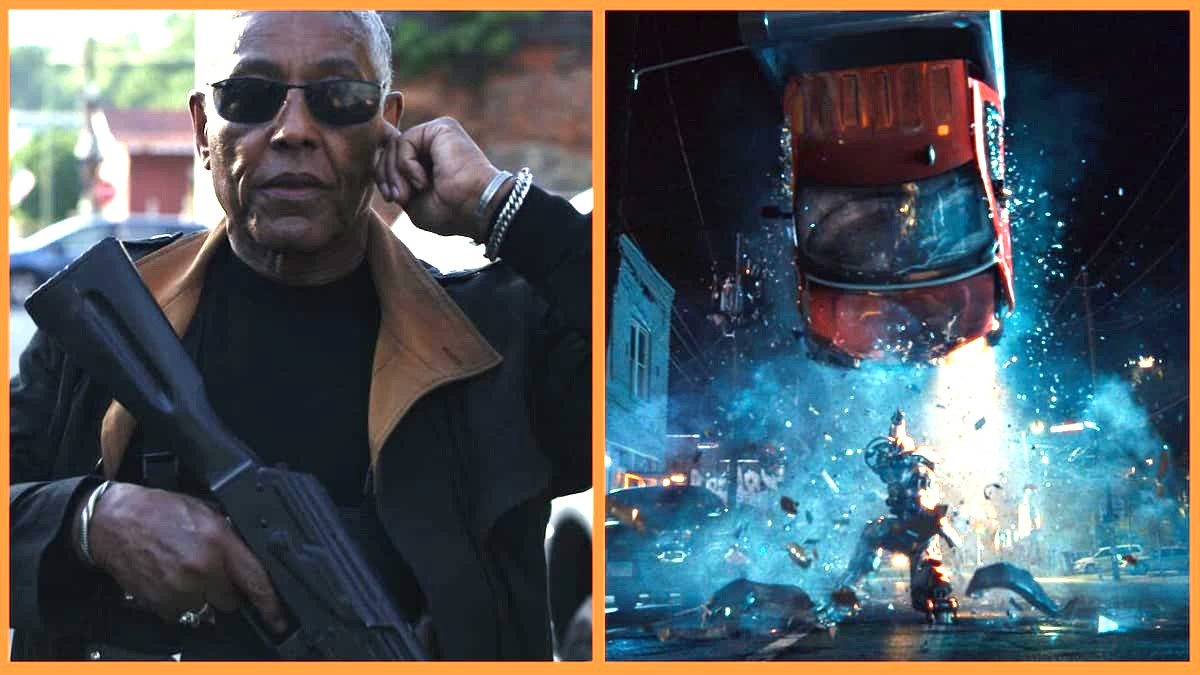

Published: Nov 7, 2023 07:13 am